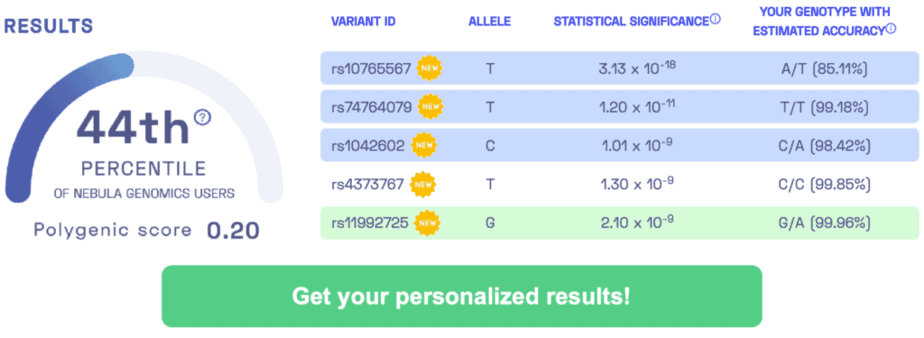STUDY TITLE: Meta-analyses identify 13 novel loci associated with age at menopause and highlights DNA repair and immune systems
SUMMARY: The timing of menopause may be influenced by genetic variants linked to DNA repair, immune function, and mitochondrial dysfunction.
DESCRIPTION: Menopause is the end of the reproductive function of the ovaries in women. It is defined to begin 1 year after a woman’s periods have stopped. To find genetic variants that correlate with the age at which women’s menstrual cycles stop, this study examined 38,968 women of European descent. The normal age range of menopause used in this study was 45-54, so the condition before age 45 was considered early and after 54 was considered late. The genetic variants identified in this study explained less than 1.5% of the heritability. Many of the genetic variants associated with the timing of menopause were linked to DNA repair and immune function. In addition, mitochondrial dysfunction was found to be related to the age of menopause. The mitochondria is commonly referred to as the “powerhouse of the cell”- it is where most of the chemical energy in our cells is produced. If the mitochondrion do not function properly in the cell, it greatly influences the progress of a number of diseases and disorders, as well as the age of the condition.
DID YOU KNOW? Some researchers claim that diet may influence the timing of menopause. Carbohydrates may result in it earlier, while fish, peas, green beans, and meat may delay it. [SOURCE]
SAMPLE RESULTS: Learn more about the Nebula Research Library.

MENOPAUSE-ASSOCIATED VARIANTS: rs16991615, rs11668344, rs365132, rs4246511, rs2277339, rs1046089, rs10183486, rs4693089, rs2517388, rs10852344, rs2153157, rs2303369, rs1635501, rs12461110, rs12294104, rs2307449, rs4886238
ADDITIONAL RESOURCES:
Menopause
Mitochondrion
DNA Repair
WEEKLY UPDATE: July 23, 2019
